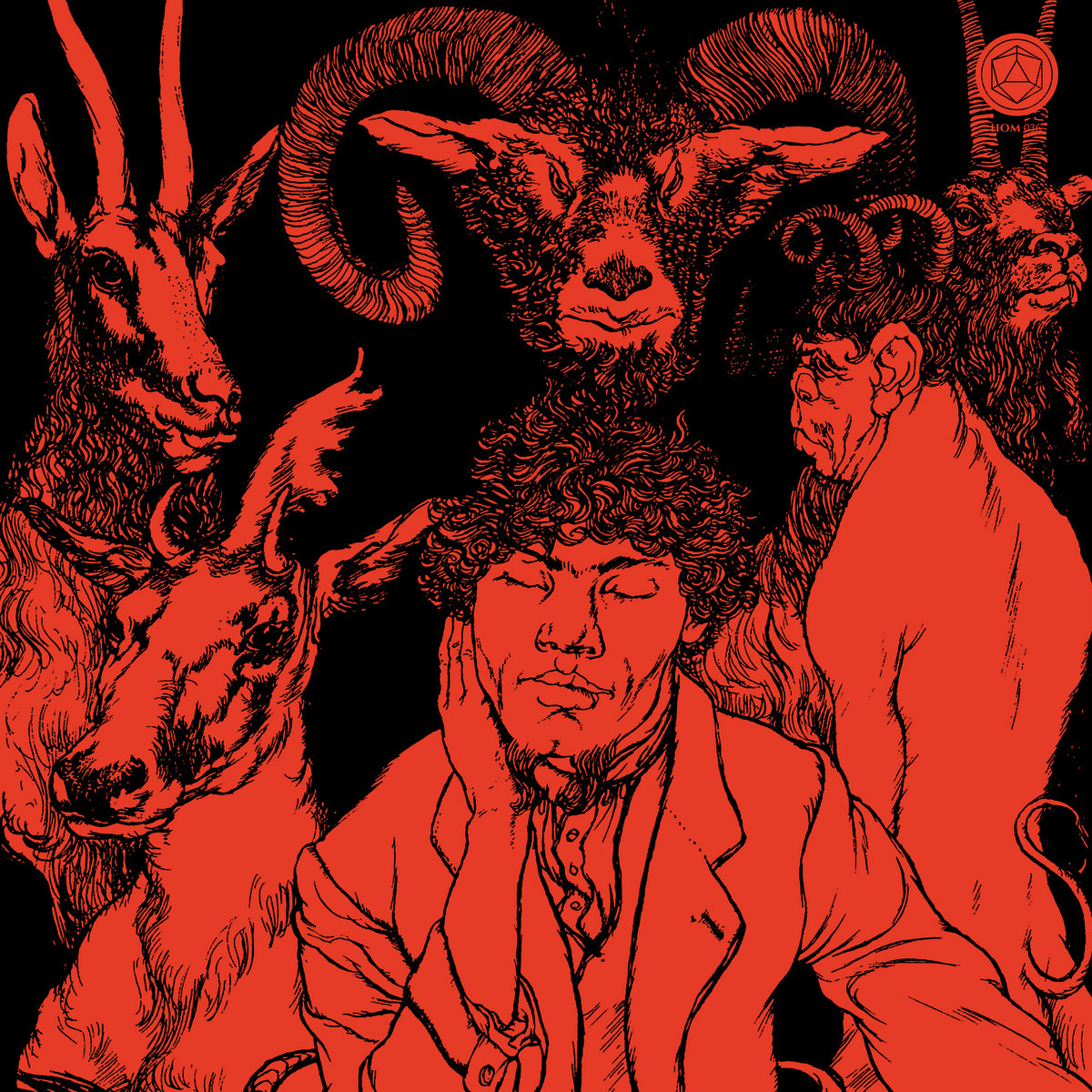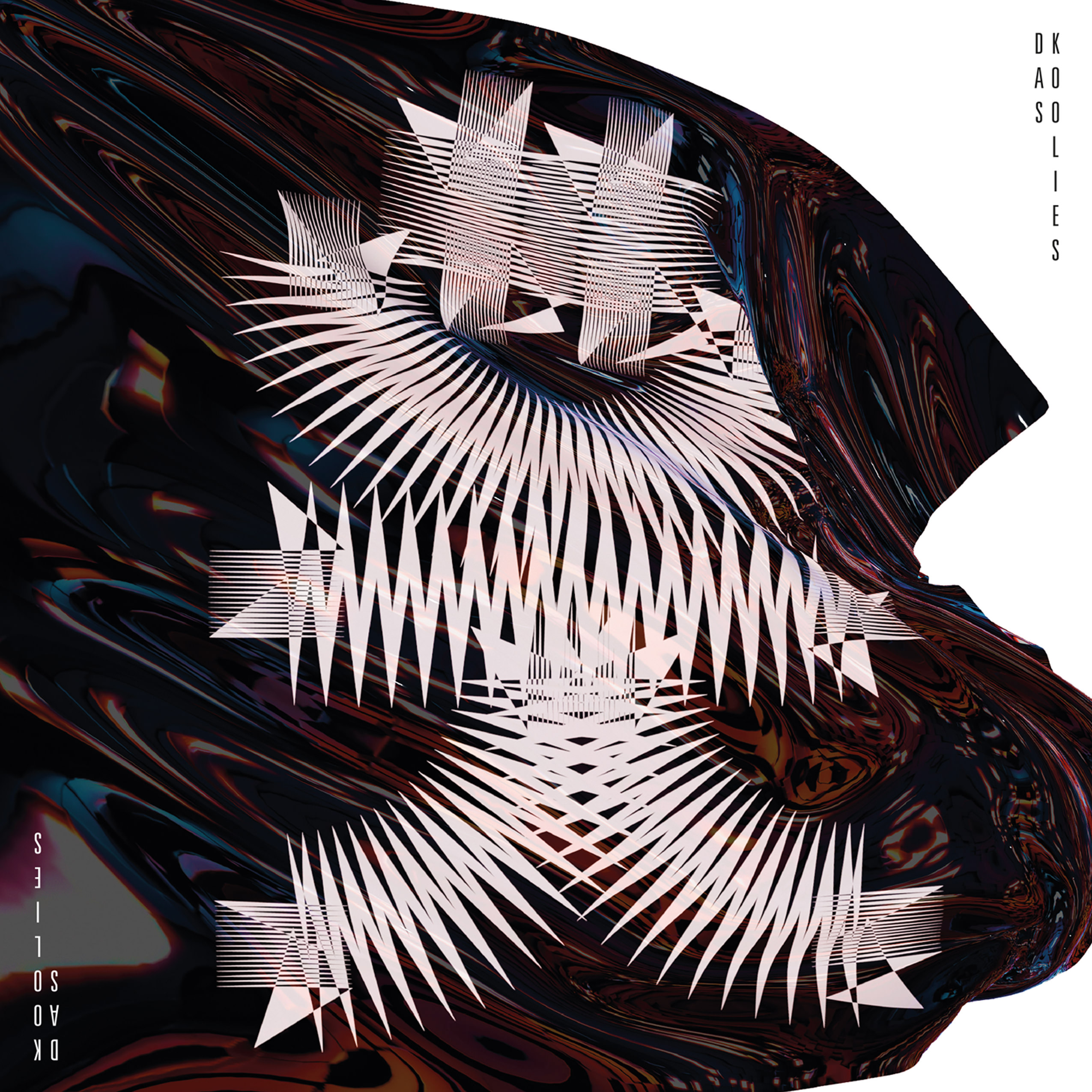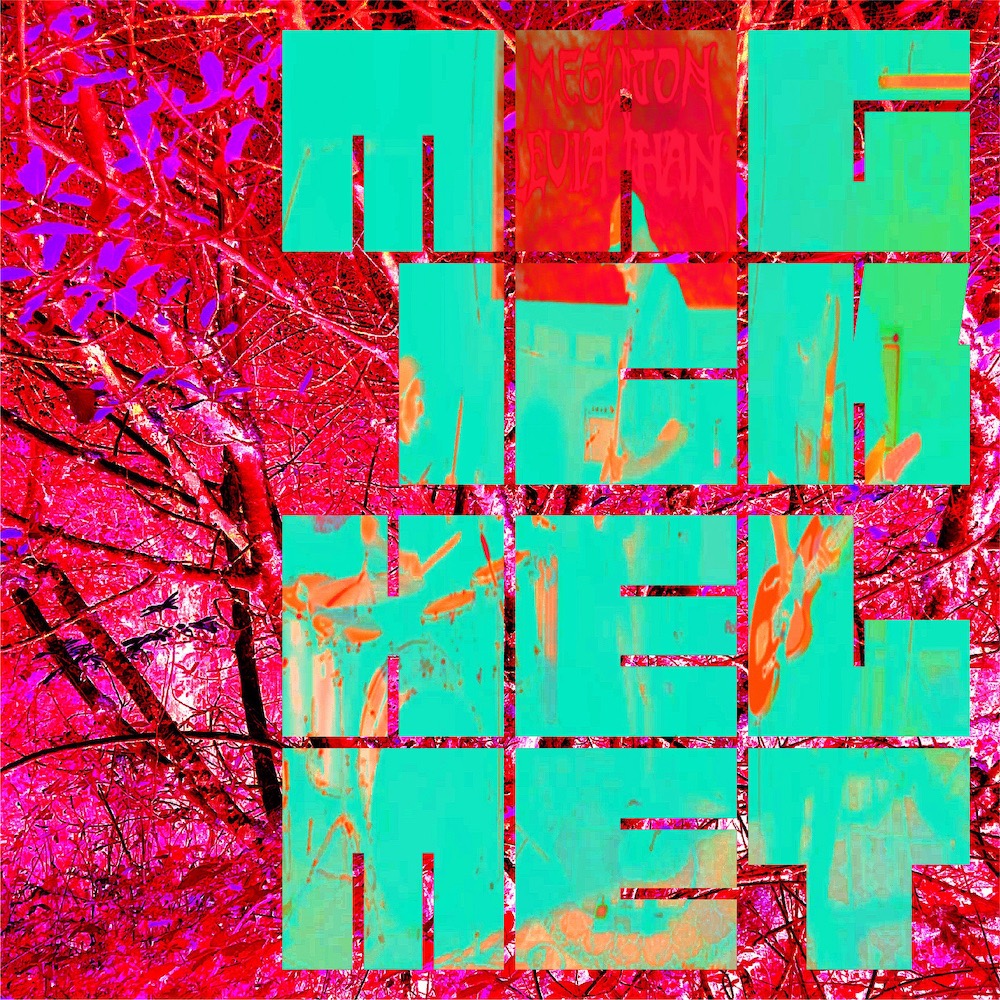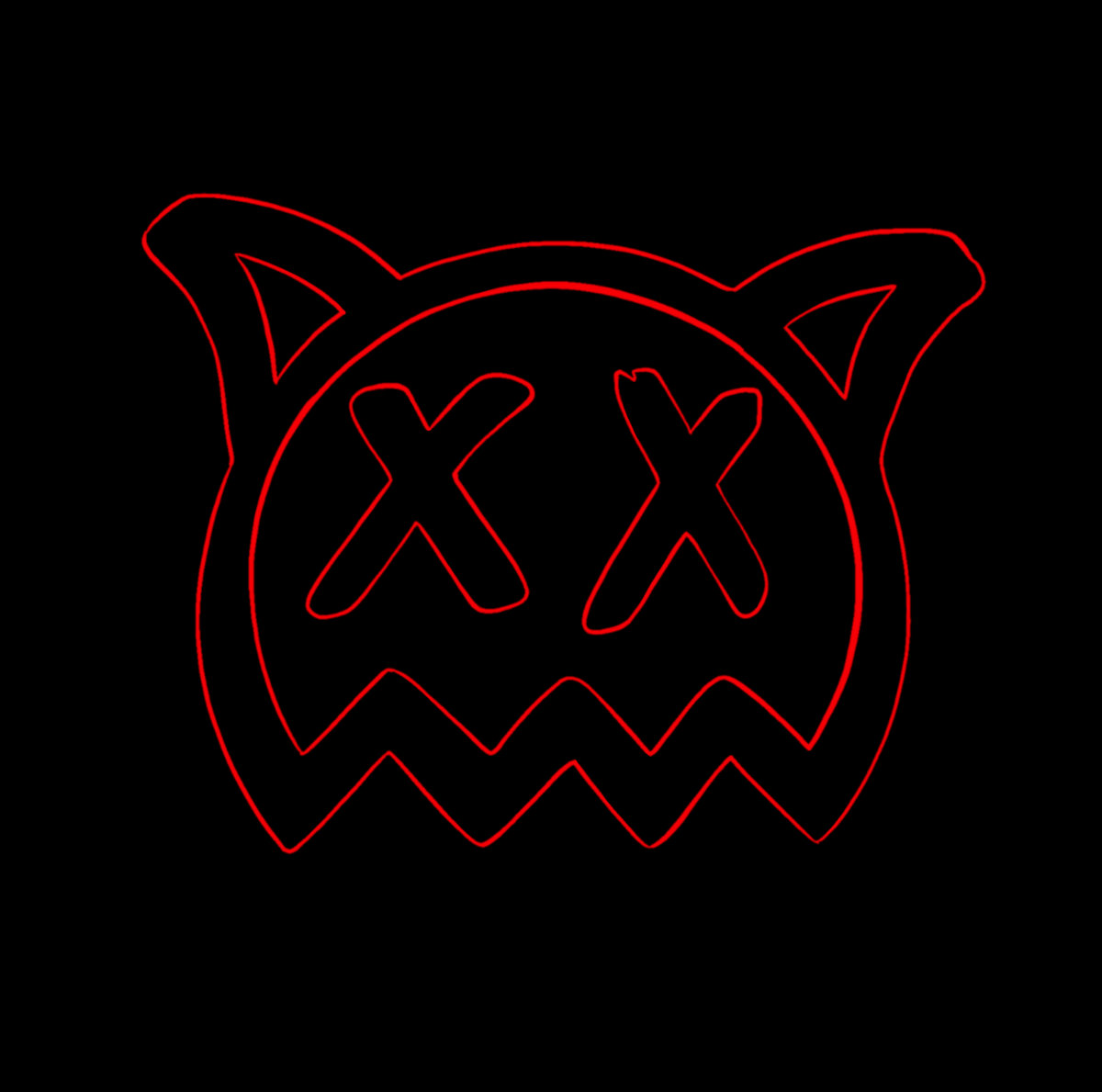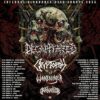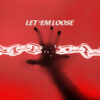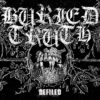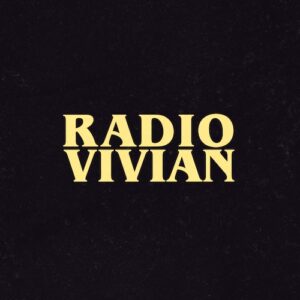Ulver’s Liminal Animals is a record that embodies uncertainty, tension, and the strange allure of being caught on the edge of something bigger. The Norwegian band’s thirteenth studio album arrives after nearly five years of silence and a year-long drip-feed of singles. The method of dropping tracks without much explanation is fitting for an album that, more than ever, feels like an exploration into uncharted territory, both musically and thematically. If there was any doubt that Ulver has maintained their vitality after three decades in the game, Liminal Animals dispels it entirely. It’s a record that finds the band firmly on the edge of something new with a sound that balances between past influences and forward-thinking experimentation.
The opening track, “Ghost Entry,” signals where the journey will begin. Its sparse, haunting atmosphere is familiar yet unnerving. As the album progresses, the tone shifts, sometimes sharply, sometimes subtly. “A City in the Skies” is a welcome return to a more rock-leaning style, with guitar and bass driving the track forward in a way that recalls the intensity of Blood Inside (2005). This track serves as a reminder of Ulver’s knack for shifting between genres without ever feeling forced. They move from rock to ambient with ease, as the melancholic “Forgive Us” (featuring trumpet legend Nils Petter Molvær) has an elegiac quality. The track’s hushed and melancholic mood captures a sense of quiet mourning and evokes an emotional weight that lingers through the melodies.
There are moments on Liminal Animals that push the boundaries even further. “Hollywood Babylon” stands out as an infectious, anthemic track that is among Ulver’s catchiest. With inventive guitar work from Stian Westerhus, the song’s drive and dynamism feel at odds with the record’s more introspective moments, yet it still fits perfectly within the broader sonic palette. The experimental nature of the band shines brightest on tracks like “Nocturne #1” and “Locusts,” where Ulver’s electronic ambient roots are reimagined with a darker, more frenetic energy. The songs pulse and throb in a way that feels almost tactile, as if the sounds are reaching out and grabbing at the listener. The blending of electronic textures with organic instrumentation creates an unsettling yet compelling atmosphere.
Throughout Liminal Animals, there’s a tangible sense of unrest and transformation. The music mirrors the uncertainty of the world around us, and this feeling intensifies as the album unfolds. The two “Nocturnes” form an intriguing midpoint, their abstract, hypnotic nature invoking Ulver’s earlier, more experimental electronic works, while also hinting at something more haunted, more urgent. If anything, these tracks prove how well Ulver has continued to evolve without ever abandoning their roots. The balance between the band’s avant-garde past and their more accessible recent output creates a rich, layered experience that rewards listeners on multiple listens.
At the heart of Liminal Animals is a sense of liminality – a state of being caught between what was and what might be. This feeling is palpable in the album’s final track, “Helian (Trakl).” At over eleven minutes, it’s a sprawling piece that melds poetry with music in a way that feels at once archaic and utterly modern. The track features a recitation of Georg Trakl’s dreamlike poem, delivered by Jørn H. Sværen, and is the album’s darkest moment. The music beneath Sværen’s voice fluctuates between rhythms and textures that slowly disintegrate into noise, a fitting backdrop to a poem that feels both timeless and impossibly distant. “Helian” is not just an ending but an arrival and a final exploration of a space that, like the entire album, exists at the edges of understanding.
In a way, Liminal Animals feels like the soundtrack to a world teetering on the brink of chaos. Very apropos for the current times. With its shifting sounds and ambiguous themes, the album reflects a sense of dislocation and uncertainty that is all too familiar.

